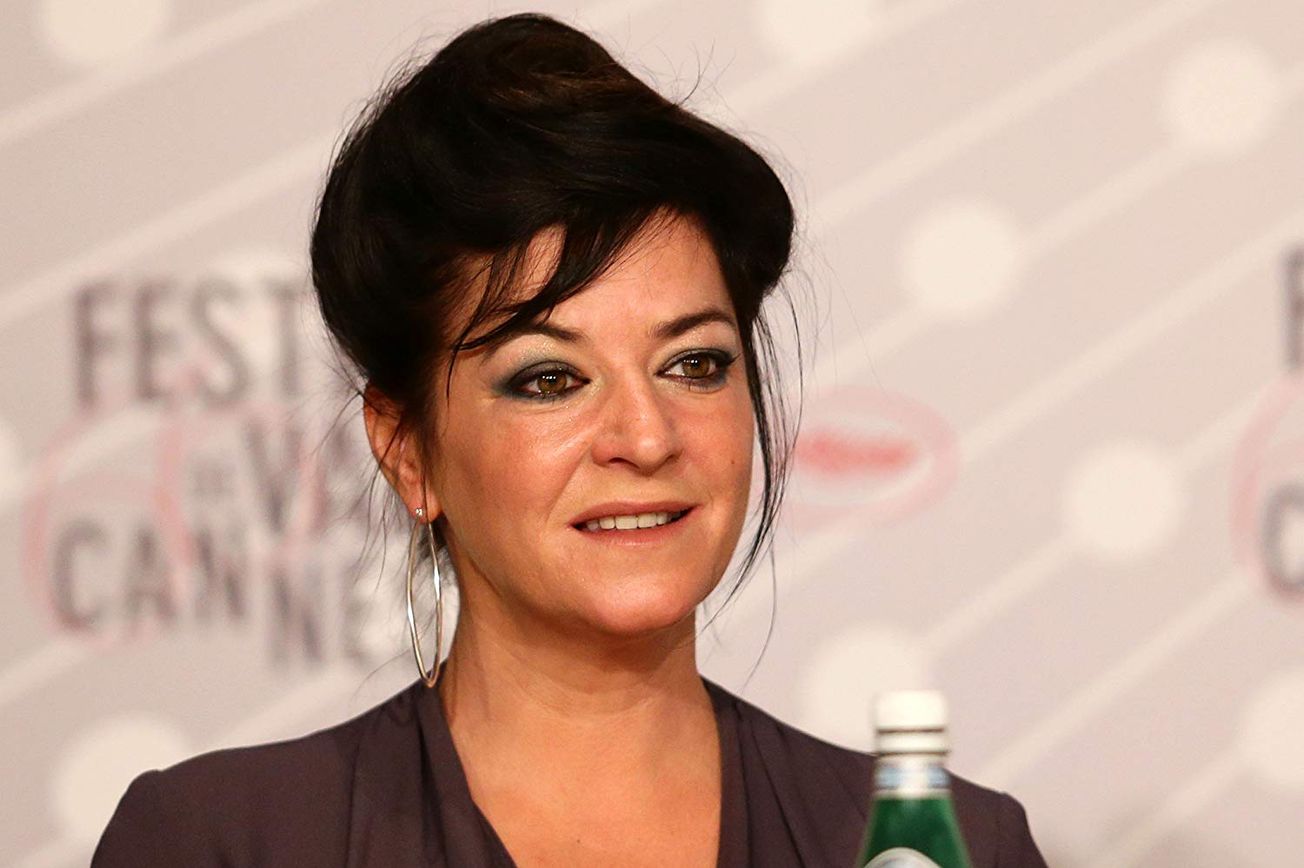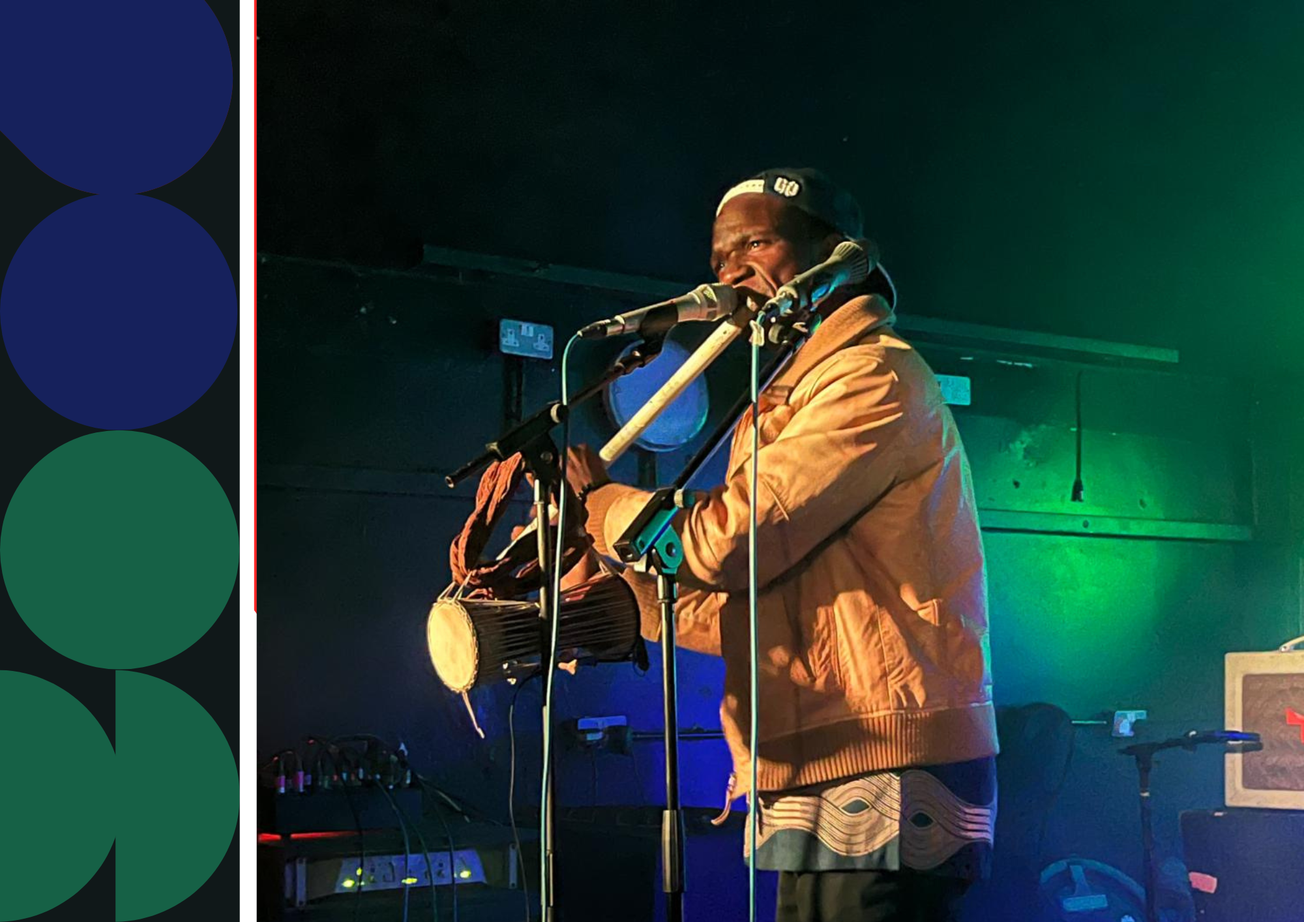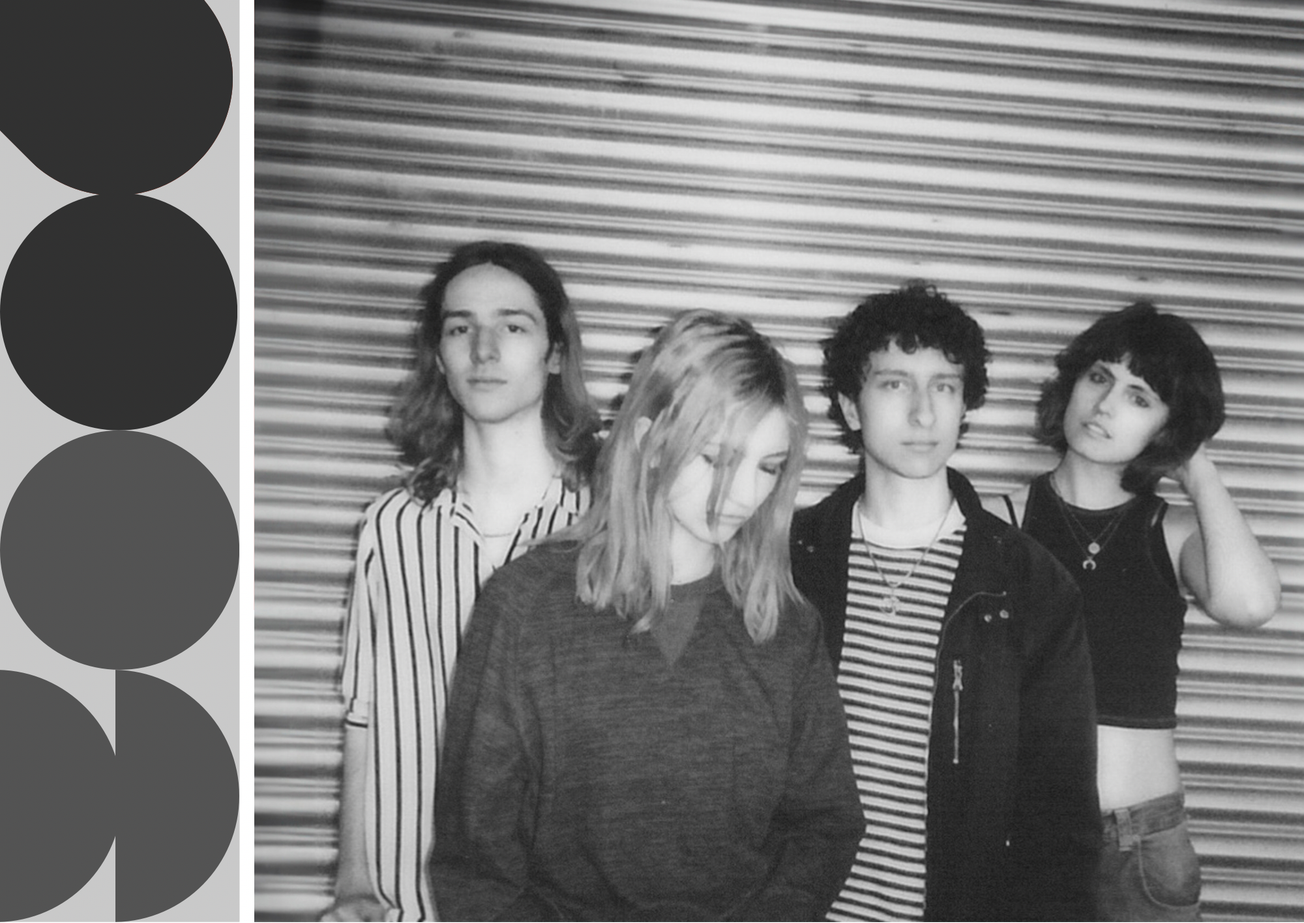By Ewan Marmo-Bissell, Second Year, History
As part of Epigram Film & TV's 'Female Film Icons' series, the significance of Lynne Ramsay's directorial career since 1999 is explored.
Lynne Ramsay has made four feature films in her career: Ratcatcher (1999), Morvern Callar (2002), We Need To Talk About Kevin (2011), and You Were Never Really Here (2017). Each one is a unique and gripping story, and from each we unpack everything that makes Ramsay’s seemingly effortless filmmaking style so visceral and unmatched.
The best directed film of the year was Lynne Ramsey's YOU WERE NEVER REALLY HERE. There are plenty of snubs to go around, but this was masterful craft on every level. Not sure what others are looking at, but I see you. #OscarNoms #OscarSnubs pic.twitter.com/o83zchZn9b
— Aaron B Koontz (@AaronBKoontz) 22 January 2019
Ramsay’s first widely known short film was entitled Small Deaths (1996), and came about with her graduation from the National Film and Television School. So early in her career she already had a close focus on children and the strangeness of youth. Another of Ramsay’s shorts – Gasman (1998), is one of her most fascinating works. Ramsay builds the short through the eyes of a young girl’s view of her father as they go about the day together, and tells a story through moments, images and feelings, rather than a more conventional plot structure.
Ramsay’s framing is uncompromising and fearless in Gasman. It’s all about what the viewer can infer from Ramsay’s hints and nudges, and crucially from what can be seen in the frame. Towards the end of the short, the father picks up his daughter, and another young girl, and he spins them around in the air. In the shot we can’t see the girls’ feet at first and vision is limited to their stationary top halves, but as they walk away from the camera we see their whole bodies swinging around. It’s these moments of life that Ramsay can capture so delicately and it is seen time and time again through her work.
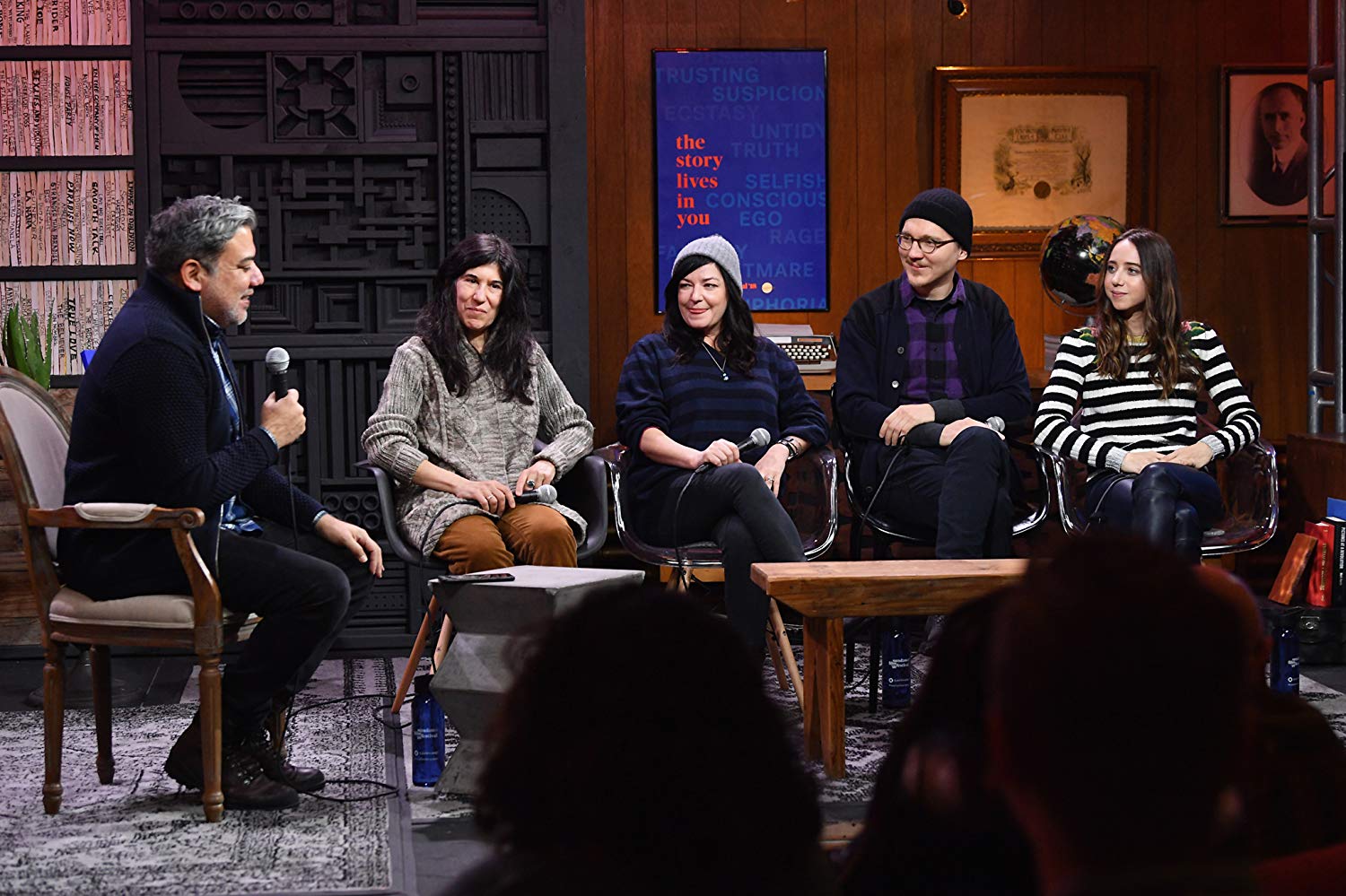
Dia Dipasupil / Getty Images
Following Gasman, Ramsay’s feature film debut came with the brutalist vision of Scottish childhood in Ratcatcher. It’s a stark portrayal of a young boy’s secret and how trauma affects the young mind and creates a feeling of deep conflict in the viewer with somehow both realist and expressionist images compacted into the same frame. Ratcatcher opens with a tender shot of a young boy spinning around in a curtain. It serves as a wonderful visual image of childhood and a very real young spirit, while at the same time it is an image of a child being tied up tighter and tighter until he can’t spin anymore. It is very much a benchmark of what could be expected from Ramsay, who with Ratcatcher became one of the finest visual poets of the ‘90s, and soon would with her films in the 21st century.
Morvern Callar carries with it a similar thematic aplomb – again Ramsay’s work zeroes in on the effects of death, ending, and perception, but this time refrains from commentary on childhood and coming of age. Rather Morvern Callar has a greater focus on the adult mind, and although it could be interpreted as a regression to a childlike state, it is distinct to Ramsay’s previous work, and indeed her work in the future, in avoiding the childhood theme.
There was a break of nine years between Morvern Callar and her next feature, We Need To Talk About Kevin – with it Ramsay returned to focus on the children. And it features all the trademark Ramsay stamps, exploring the psychology of how familial relationships affect the children, albeit taking things in a more horrific direction. Kevin signifies a shift in filmmaking style from Ramsay as she makes forays into the horror genre, removing herself from the kitchen sink cinema of her early work.
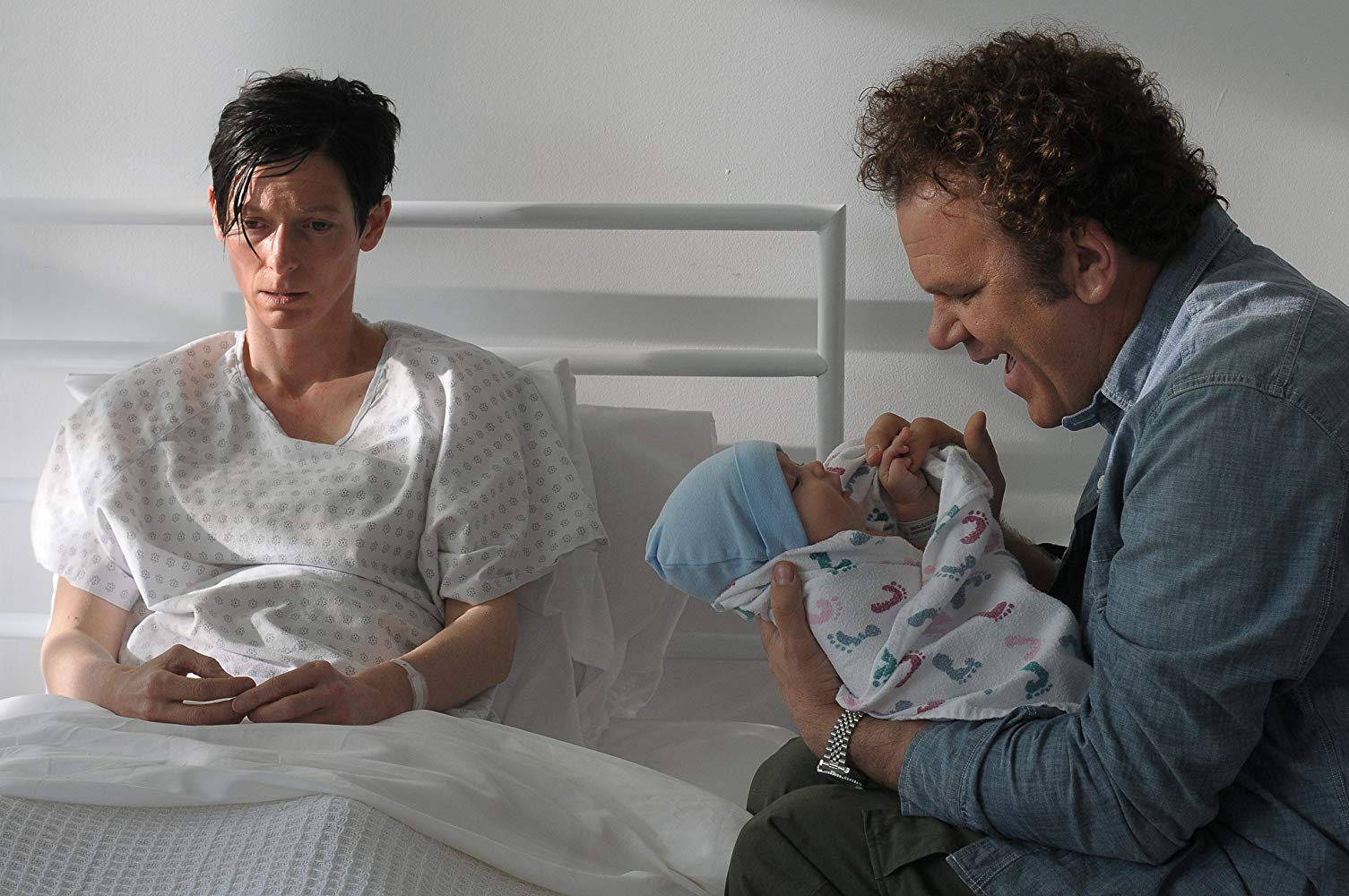
IMDb / Oscilloscope Pictures
Most recently we saw her extend on this horror theme, in the brilliant You Were Never Really Here It carries with it the intensity of a horror film, and an unbelievable performance from Joaquin Phoenix as the sodden and sullied Joe. It is filled with powerful and challenging imagery, but my favourite is a simple shot of Joe at a train station. He is stood there, in the middle of the day, sun blazing down on him, but the light that hits him creates shadow beneath, his long hair creating shadows beneath, and we know exactly what’s going through his head. His everlasting desire to let it all go and step in front of the train. It’s showing at Watershed on March 17.
With these four features, and a collection of biting shorts, Ramsay has established herself as one of the finest Scottish filmmakers. Her unique and intense style and focus on thematic development through character has made her work timeless
Featured Image Credit: Vittorio Zunino Celotto / Getty Images
Have you read about our other female film icons?
Facebook // Epigram Film & TV // Twitter

